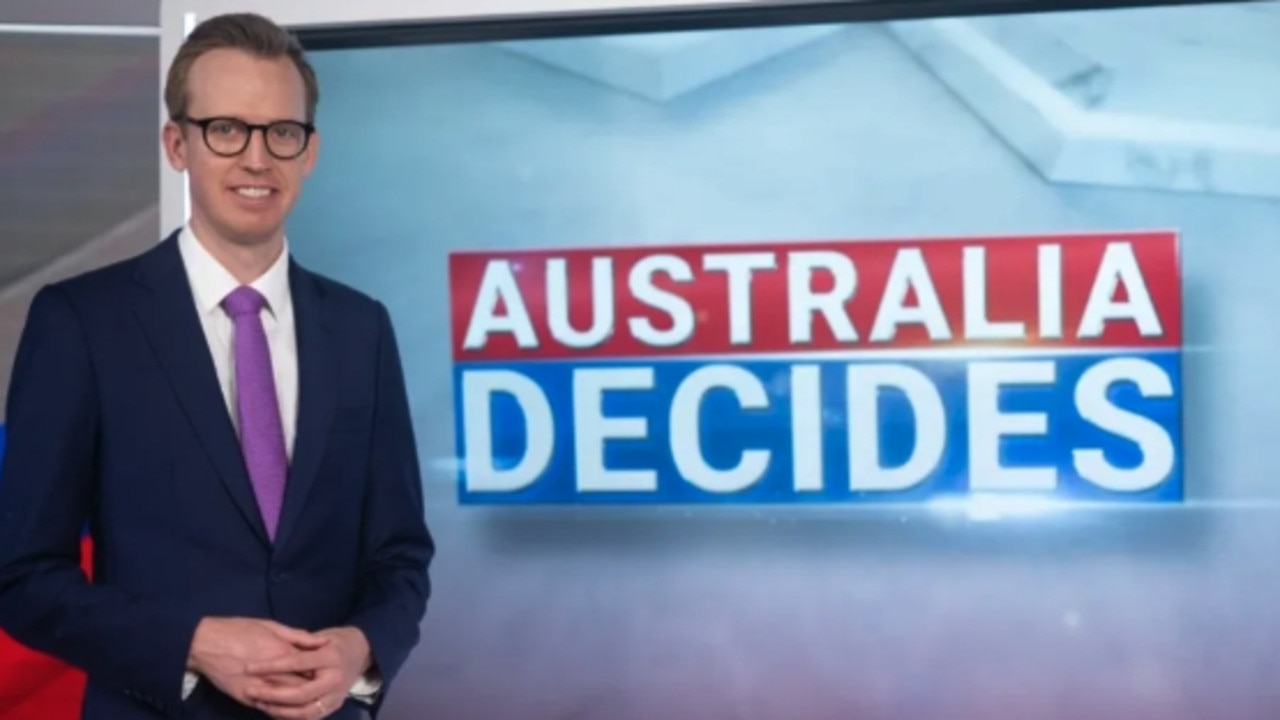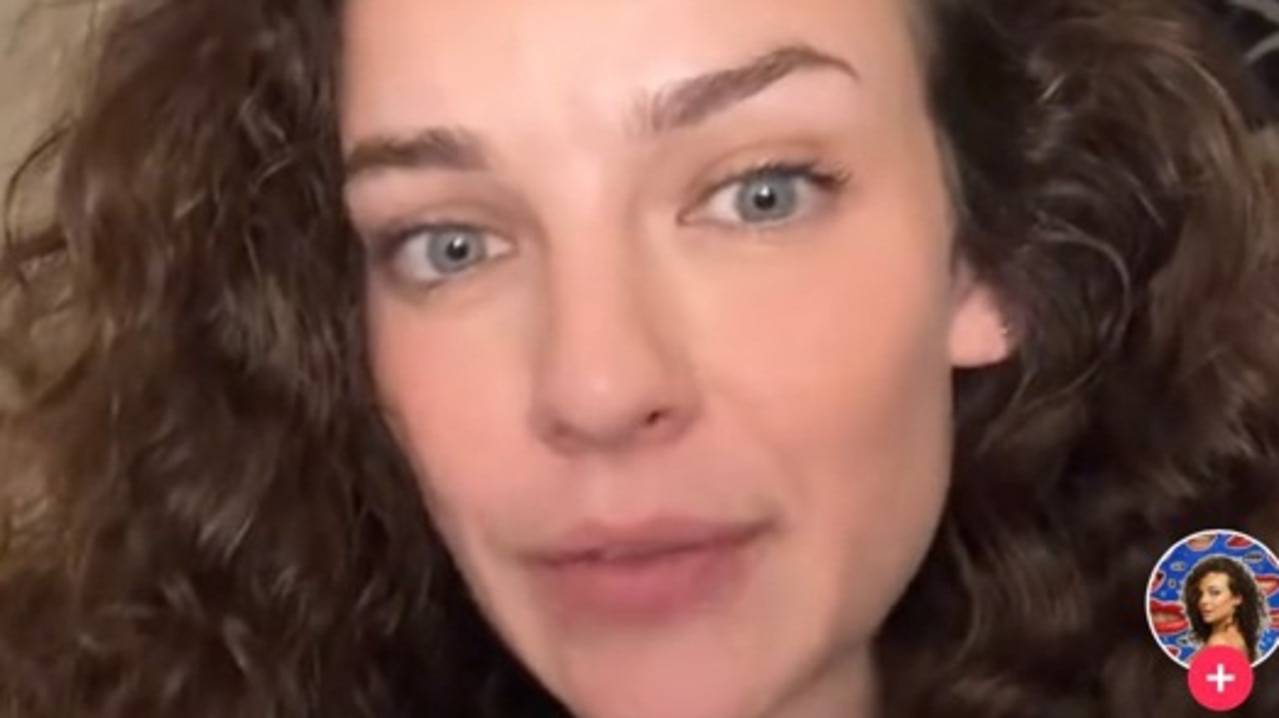Jane Hume says government has ‘demonised’ RBA boss Philip Lowe as rumours about his replacement swirl
As the PM backs in ‘two outstanding public servants’ tipped to replace RBA chief Philip Lowe, the opposition has slammed the government for ‘demonising’ the governor.
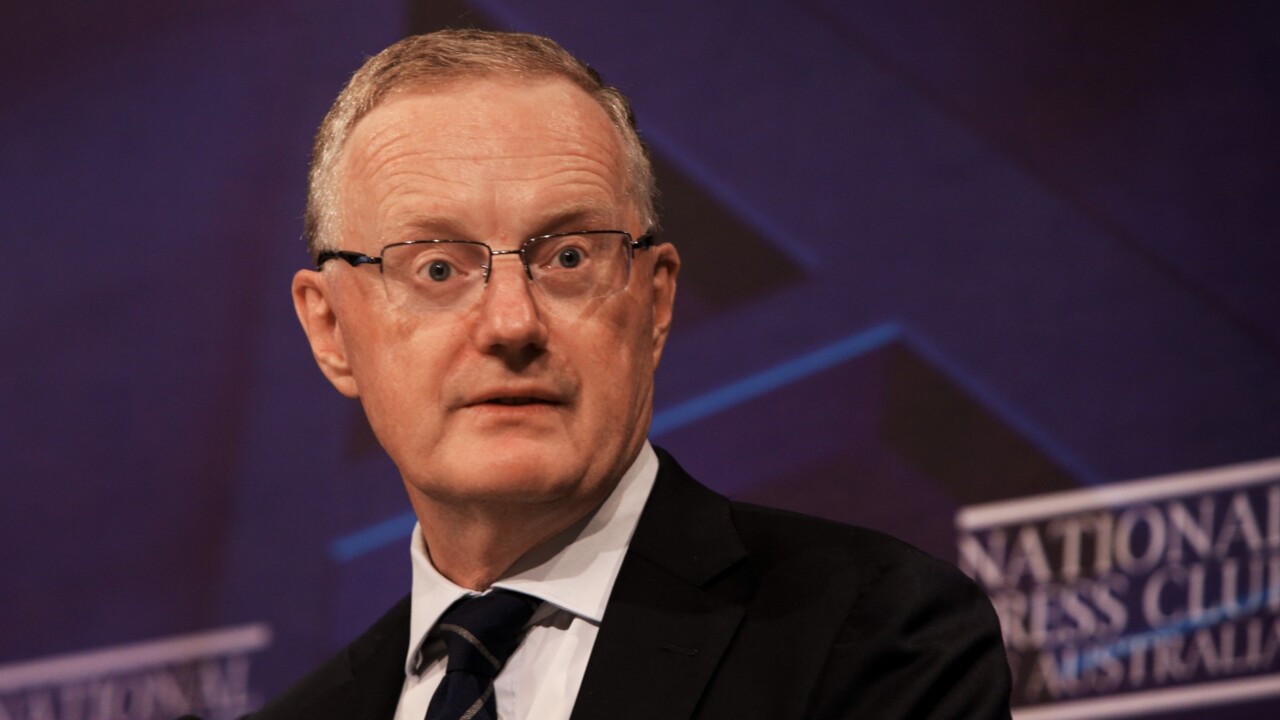
The opposition’s finance spokesperson says the government has “demonised” Reserve Bank governor Philip Lowe, and says it would be a “real shame” if he was axed.
A day after the central bank left the cash rate on hold for only the second time since last May, Jane Hume praised Dr Lowe for having a “steady hand”, and threw her support behind extending his contract beyond September.
Rumours are flying that Dr Lowe, who has served as governor for seven years, will be given his notice by Treasurer Jim Chalmers later this month, and could be replaced by Finance department secretary Jenny Wilkinson.
His contract could be extended by another three years, if the government decides, as was the case with Dr Lowe’s predecessors Glenn Stevens and Ian Macfarlane.
Asked on whether Ms Wilkinson would be a good candidate, Senator Hume said while she was an “admirer” of the Finance chief, she backed in Dr Lowe as the most qualified person for the role, and urged the government to consider extending his role rather than continue to “demonise” him.
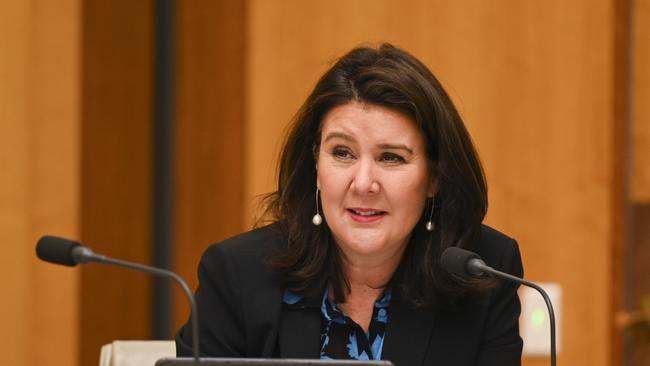
“I would say that I think that Philip Lowe has been an exceptionally well qualified, steady hand at the wheel (during) incredibly difficult economic periods of time,” Senator Hume told Sky News on Wednesday.
“There’s hardly a person in Australia that would be better qualified than Philip Lowe to lead the Reserve Bank. I think that if he wants to extend his term, it’s something that hte government should seriously consider.
“It’s definitely the call of the government, but I think that the idea that they have demonised Philip Lowe is unreasonable, particularly when Philip Lowe has only one tool in the shed, and that is interest rates.”
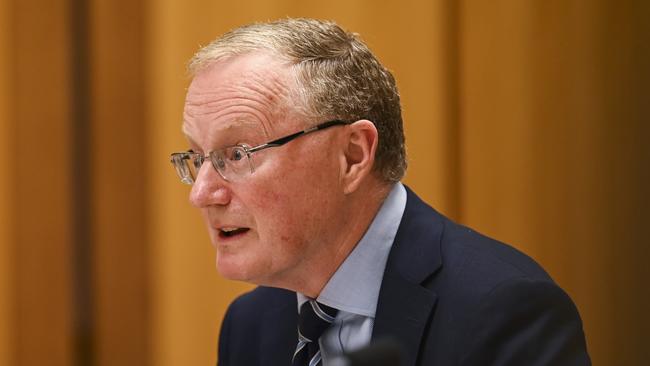
Prime Minister Anthony Albanese praised Ms Wilkinson and fellow RBA governor contender, Treasury secretary Steven Kennedy, as “outstanding public servants”, but when asked who he would prefer to captain the central bank post-September he remained coy.
“I’ll make those decisions around the cabinet table … Jenny Wilkinson is doing a fantastic job as Secretary of the Department of Finance, she was appointed by government,” Mr Albanese told Sky News.
“And of course, her and Steven Kennedy as Secretary of Treasury, they’re both outstanding public servants. There are a range of people who will be under consideration, including of course the governor himself of the Reserve Bank.”
Mr Albanese said a decision would be made “at an appropriate time”.

Dr Lowe has come under fire for the board’s aggressive series of rate hikes, bringing the cash rate from 0.1 per cent last April to 4.1 per cent, despite saying as late as 2021 that the cash rate would remain at record lows until 2024.
The board has maintained that global pressures, and subsequent domestic pressures, drove inflation to skyrocket and raising rates have been the only tool available to the central bank to return inflation to target.
The board’s decision on Tuesday to hold rates steady was an acceptance that monetary policy had run its course and it was now time for better fiscal policy, some experts said.
Senator Hume said it was now on the government to do more to bring down inflation.

“Underlying inflation, core inflation, has hardly moved from 6.5 to 6.4. That shows that inflation is still really sticky,” she said.
“And that’s going to be a problem. If inflation is higher for longer, then the RBA won’t be able to not just pause on rates, but potentially won't be able to give households any relief for a much longer period of time.”
Earlier, Mr Albanese welcomed the RBA’s decision to pause interest rates.
The government was expecting to end the financial year with at least an $18 billion surplus – five times the projected surplus contained in the May budget.
Mr Albanese said the bigger than expected surplus “sends a message” to the Reserve Bank.
“We want monetary and fiscal policy to work together,” he told Channel 9.


